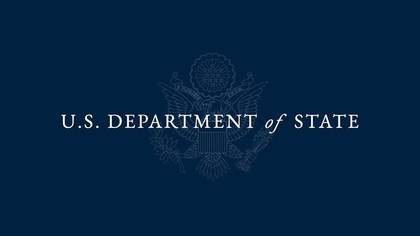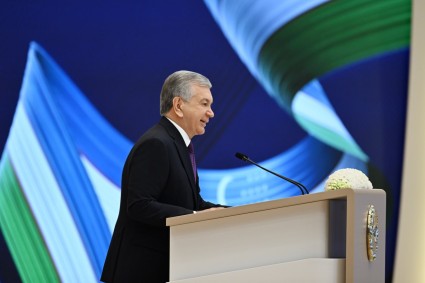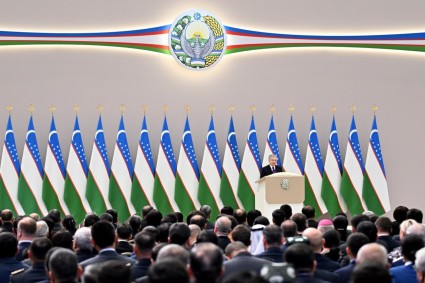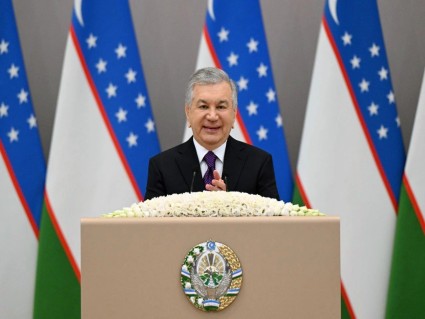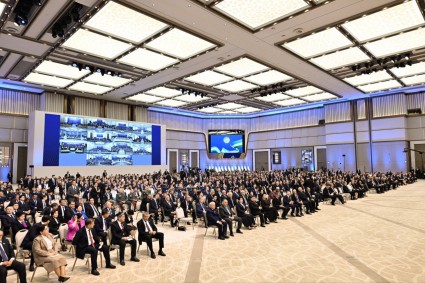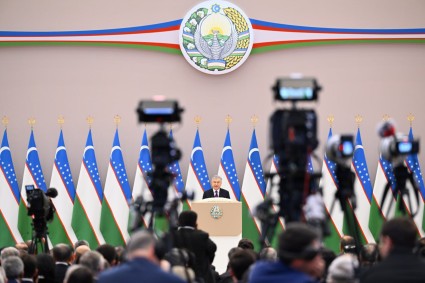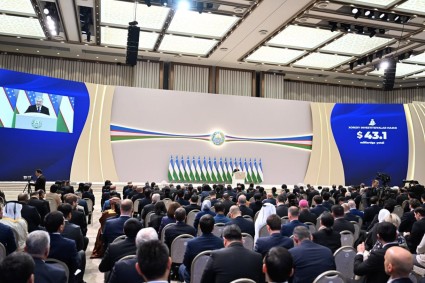The countries of Central Asia are under enormous pressure from Moscow, which exerts significant control over energy and trade, said the Assistant Secretary of State for South and Central Asian Affairs Elizabeth Horst in a statement at a hearing in the Committee on Foreign Affairs of the House of Representatives of Congress.
“South and Central Asia is a region vital to our national interests. It is at the crossroads of strategic competition with China and Russia. It is where the future of the 21st century economy will be written. And it is home to one of our most consequential relationships, India.
The President’s fiscal year 2024 foreign assistance request is $1.223 billion for South and Central Asia, providing the resources necessary for our ambitious agenda. It includes funds to expand our diplomatic presence in the Indo-Pacific, to build resilient energy markets, and to support counterterrorism and maritime security.
The budget request also includes $2 billion over five years in mandatory funding to enable the U.S. to make game-changing investments in the Indo-Pacific to out-compete China. We look forward to working closely with Congress as we advance our goals in South and Central Asia.
We have a historic moment of opportunity in Central Asia. Despite this pressure, they have refused to send troops to fight with Russia in Ukraine, emphasized Ukraine’s independence and sovereignty, and even provided humanitarian assistance to the people of Ukraine. That is why, last year, we launched the Economic Resilience Initiative in Central Asia (ERICEN).
This initiative aims to catalyze transformative economic growth in the wake of Russia’s war of aggression in Ukraine. Through our assistance, we are expanding alternative trade routes, teaching thousands of Central Asians English, expanding job opportunities for returning labor migrants, and helping businesses succeed and grow. These efforts demonstrate our reliability as a partner, bringing Central Asia into closer alignment with us over the long-term,” the statement concluded.

